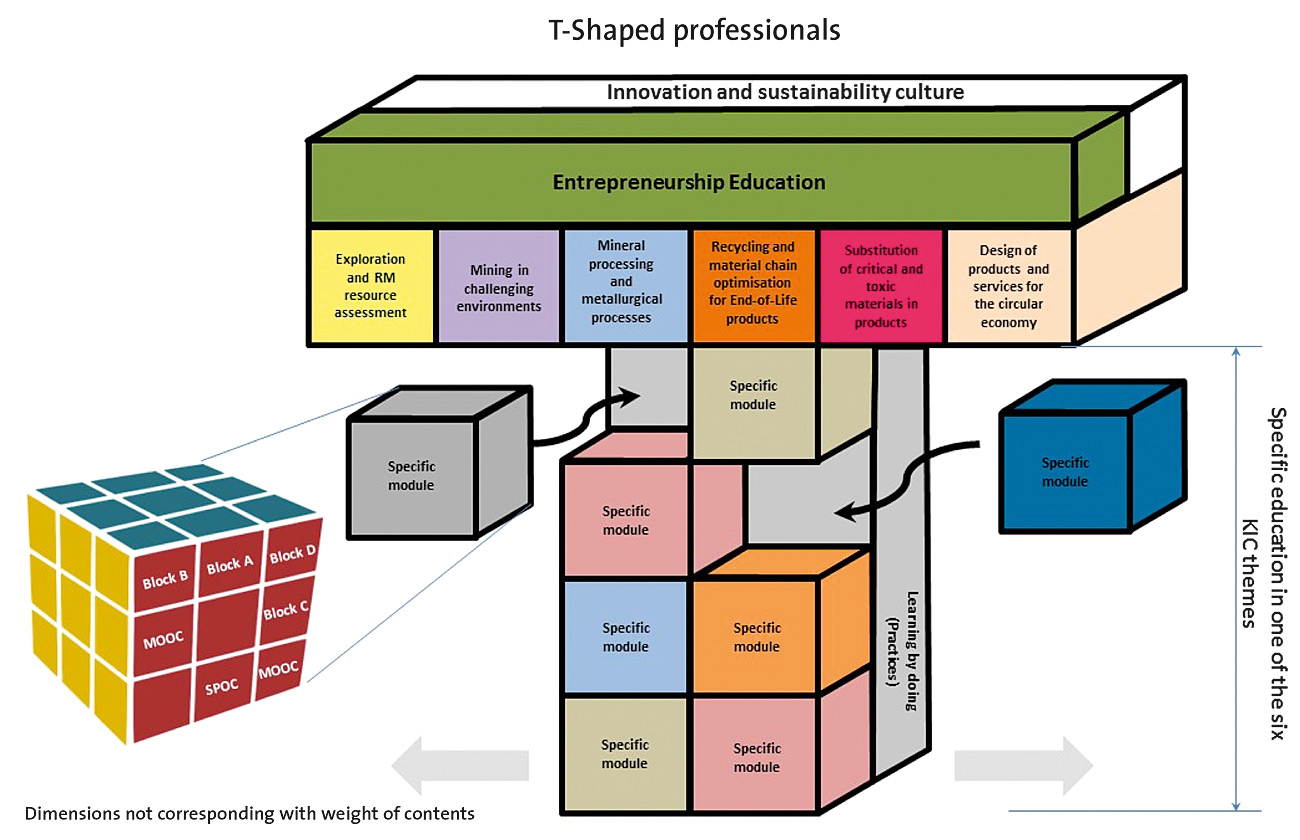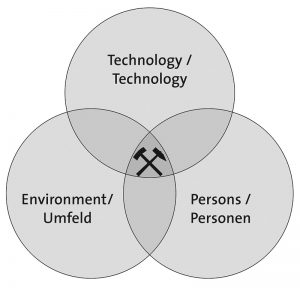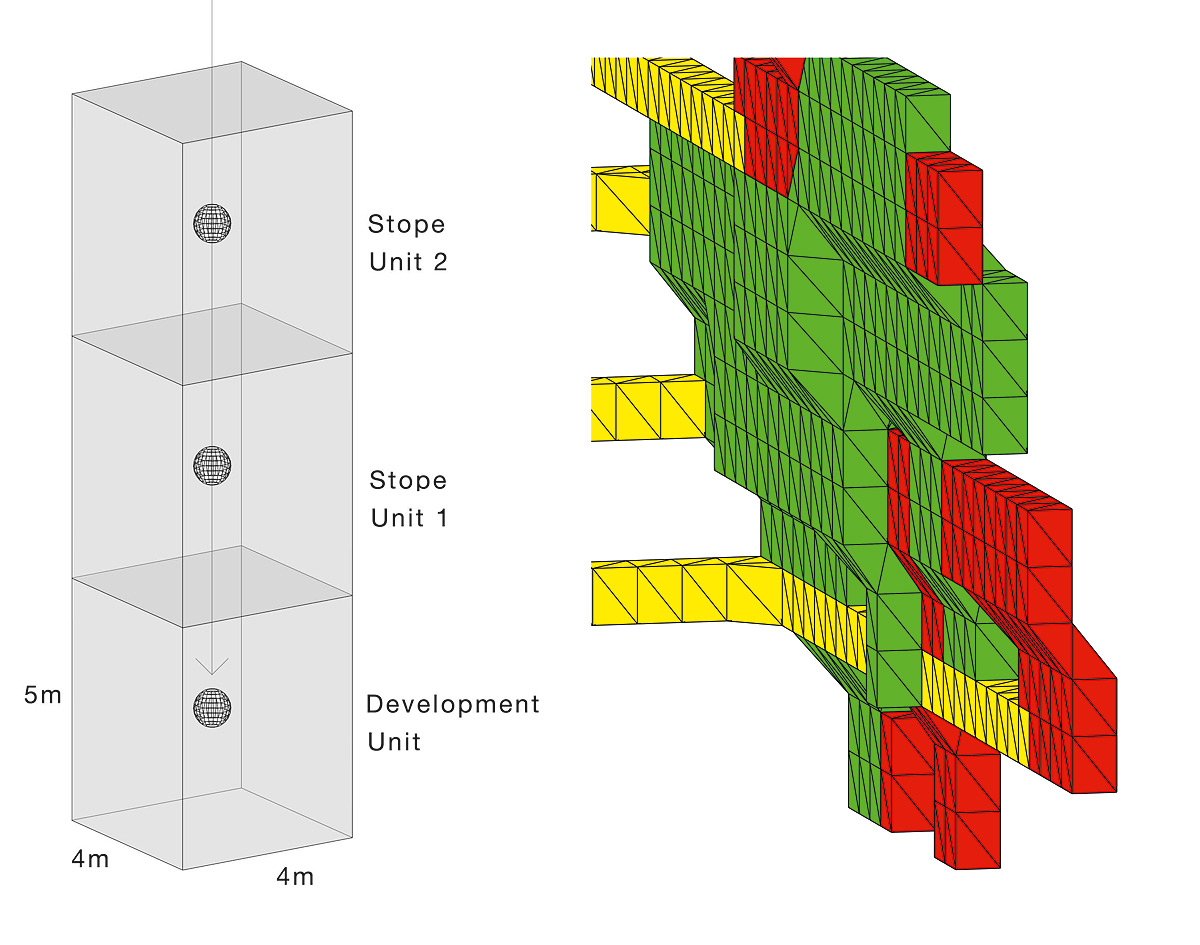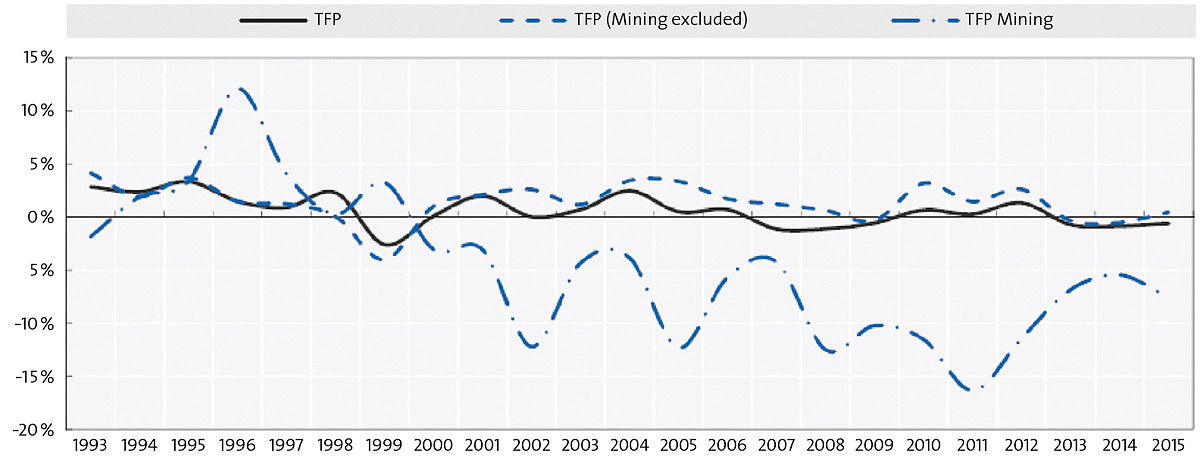In Germany the process of training mining engineers has seen a number of significant transformations and developments over the course of the last ten years. This can be attributed both to a change in the overall conditions and requirements imposed by industry, science and society and to the introduction of a European reform of the study system. It is therefore an appropriate time for Mining Report Glückauf to undertake a review of mining study courses in Germany, including their general framework and perspectives and the degree programmes that are available, and to examine the joint initiatives and projects run by the mining colleges and universities, along with those operating at a European level.
Read moreWith my best regards // Mit freundlichem Glückauf
Dipl.-Ing. Andreas-Peter Sitte
Chief Editor Mining Report Glückauf, Essen
Studying Mining Engineering in Germany: General Conditions, Locations and Study Programmes
Mining education in Germany has undergone significant changes and development over the past decade. On the one hand, this is due to the changing framework conditions and requirements of industry, science and society. On the other hand, this process has been accelerated by the introduction of a European study reform, also known as the Sorbonne Declaration and Bologna Process. All in all, this has led to an increasing number of study programmes – today there are around 19,000 study programmes in Germany (1) – and the associated increasing complexity. For this reason, this article is dedicated to mining engineering studies in Germany and will provide an overview of current framework conditions, locations where mining can be studied today, and existing study programmes.Authors: Prof. Dr.-Ing. Elisabeth Clausen, RWTH Aachen University, Aachen/Germany, Prof. Dr.-Ing. Oliver Langefeld, Clausthal University of Technology, Clausthal-Zellerfeld/Germany, Prof. Dr.-Ing. Helmut Mischo, Prof. Dr.-Ing. Carsten Drebenstedt, TU Bergakademie Freiberg, Freiberg/Germany, Prof. Dr.-Ing. Ulrich Paschedag, Prof. Dr.-Ing. Ludger Rattmann, TH Georg Agricola University, Bochum/Germany
Read moreRethinking Mining Engineering Education – Implementation of Conceive – Design – Implement – Operate (CDIO™)

Fig. 1. Concept of a T-Shaped Professional (5). // Bild 1. Konzept eines T-Shaped Professionals (5).
Authors: Prof. Dr. Elisabeth Clausen, Aline Christina Herz M. Sc., Aarti Mona Sörensen M. A., RWTH Aachen University, Aachen/Germany, Ass. Prof. Erik Hulthén, Panagiota Papadopoulou, Dipl. Eng., Chalmers University of Technology, Gothenburg/Sweden, Angela Binder M. Sc., Clausthal University of Technology, Clausthal-Zellerfeld/Germany, Dr. Juan Herrera Herbert, Universidad Politécnica de Madrid, Madrid/Spain, Dr. David Tanner, University of Limerick, Limerick/Ireland, Prof. Michael Försth, RISE Research Institutes of Sweden, Borås/Sweden and Luleå University of Technology, Luleå/Sweden
Read moreIntegration of Sustainability in Mining Engineering Education
Since sustainability is an integral part of mining, it is necessary to emphasise the topic in mining engineering education curricula. This article examines selected definitions of sustainability and assesses them with regards to their suitability for educating future mining engineers. Finally, approaches for the integration of sustainability principles and priorities are presented through selected examples.
Authors: Angela Binder M. Sc., Prof. Dr.-Ing. Oliver Langefeld, Clausthal University of Technology, Clausthal-Zellerfeld/Germany, Prof. Michael Hitch Ph. D., P. Eng. P. Geo., Tallinn University of Technology (TTU), Tallinn/Estonia
Read moreInnovative Learning Spaces

Fig. 1. Interaction of technology, environment and persons. // Bild 1. Zusammenwirken von Technologie, Umfeld und Personen.
The increasing complexity of mining operations results in increasing requirements for the mining engineering education. The demand of broad skills sets in constantly equal sized programs is the reason to blend the addressed skills in teaching and learning activities. A promising approach represents the experiential learning in an authentic environment. The article introduces the challenges in mining engineering education as well as the approach of experiential learning and skill sets. Subsequent, opportunities for innovative underground learning spaces are described using the examples of the training mine Recklinghausen, the research and teaching mine Reiche Zeche and the research and teaching mine Rammelsberg.
Authors: Angela Binder M. Sc., Prof. Dr.-Ing. Oliver Langefeld, Technische Universität (TU) Clausthal, Clausthal-Zellerfeld, Prof. Dr.-Ing. Helmut Mischo, Technische Universität (TU) Bergakademie Freiberg, Freiberg, Prof. Dr.-Ing. Elisabeth Clausen, Rheinisch-Westfälische Technische Hochschule (RWTH) Aachen, Dipl.-Ing. Peter von Hartlieb, EnergieAgentur.NRW, Düsseldorf
Read moreUnderground Cut-off Grade Optimisation in Narrow Vein Deposits Based on an Innovative Mine Design Algorithm

Fig. 1. Stope design concept and design result. // Bild 1. Konzept und Ergebnisse des Weitungsdesigns.
Cut-off grades are crucial strategic parameters in maximising a mine’s net present value (NPV). As the state of the art underground cut-off grade optimisation approach is very time and resource consuming, this article presents a rapid innovative algorithm-based solution for the given problem. Based on a geological block model and given input parameters, the developed algorithmic approach automates the entire underground mine design and the financial evaluation, ultimately resulting in the identification of the optimum cut-off grade. The key element of the algorithm is the translation of the three-dimensional problem into two dimensions, enabling the usage of Dijkstra’s algorithm for the development design, allowing to compute a single mine design within three to four hours on a standard workstation. Due to the effortless repeatability and the resulting enhanced comparability based on the variable input parameters, the algorithm delineates a chance for improved long-term strategic planning in narrow vein open stoping operations with decreased time and resource consumption.
Authors: Kian Will M. Sc. MBA, Strategic Sourcing Manager Basic Chemicals, Covestro Deutschland AG, Leverkusen/Germany, Silja Vendla M. Sc., Senior Process and Product Technologist, Tata Steel IJmuiden B. V., IJmuiden/Netherlands
Read moreIntercultural Competencies as Success Factor for the Transfer of Technology and Know-how to Chile

Fig. 1. Development of total factor productivity (TFP) in Chile, 1993 – 2015. // Bild 1. Wachstum der totalen Faktorproduktivität (TFP) in Chile, 1993 – 2015.
The Chilean mining industry is developing continuously. New requirements regarding materials, environment and security issues imply the need for more sophisticated and efficient technologies. Instead of being fabricated in Chile, these technologies are usually imported from abroad. But how can foreign producers make their way to Chile? And how can they identify requirements that are necessary in order to improve non-automated processes? With this article, we want to provide insights into the transfer of technology and know-how from Germany to Chile. In this context, we focus on selected principles about the country as well as current challenges in the Chilean mining sector. The second part will analyze intercultural and change-management concepts and finally discuss possible solutions for supplying companies.
Authors: Ernesto Buholzer Sepúlveda und Simon Mayerhofer, Geschäftsführer und Inhaber, Mayerhofer & Sepúlveda Trade Consulting GbR (MS Trade Consulting), Erlangen/Germany
Read more

















